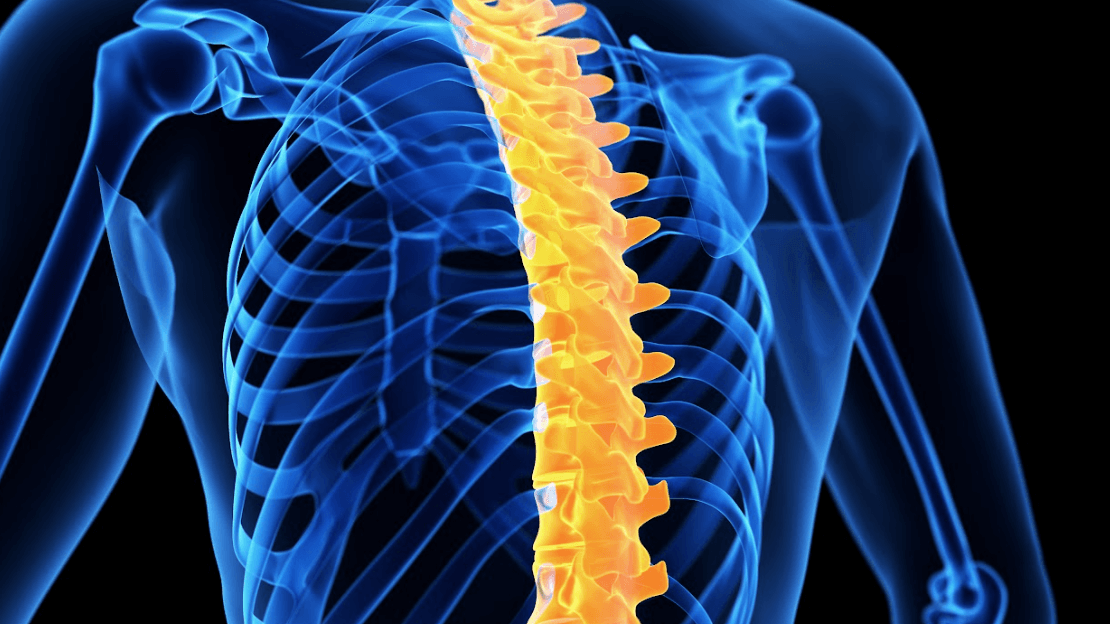How to Know If You Have Spinal Stenosis
&srotate=0)
Spinal stenosis, a condition characterized by the narrowing of spaces within the spine, poses a significant health concern for many. This narrowing can lead to pressure on spinal nerves, resulting in discomfort and a range of debilitating symptoms. Understanding and addressing this condition is crucial for maintaining a healthy, active lifestyle. In Plano, TX, Dr. Kendall Carli and the team at Spine Care of North Texas provide expertise, care, and solutions for those suffering from spinal stenosis. With a focus on patient-centered treatment, Dr. Carli offers a beacon of hope for those seeking relief and improved spinal health.
What is spinal stenosis?
Spinal stenosis is a condition where the spaces within the spine narrow, which can put pressure on the nerves traveling through the spine. This pressure can lead to various symptoms that can affect your daily activities. Understanding what causes spinal stenosis is crucial in identifying it early and seeking appropriate treatment.
How can you recognize symptoms of spinal stenosis?
Being aware of the early signs of spinal stenosis is crucial in managing the condition effectively. Recognizing the symptoms of spinal stenosis is the first step in getting the proper diagnosis and treatment. Some common spinal stenosis symptoms include:
- Numbness or tingling in your arms or legs
- Persistent pain in your back or neck
- Weakness in your arms or legs
These symptoms can vary in intensity and may worsen over time, especially if the condition is left untreated. Identifying these signs early can lead to more effective treatment and a better quality of life.
What causes spinal stenosis?
Understanding the root causes of spinal stenosis is crucial in its early detection and effective management. Several factors can lead to the development of spinal stenosis. It's essential to be aware of these factors, as they can help in early diagnosis and management. Common causes include:
- Congenital conditions leading to innate spinal stenosis
- Post-surgical inflammation contributing to stenosis development
- Degenerative disc disease, progressively affecting spinal structure
- Arthritis-related inflammation impacting spinal integrity
- Bone spurs on vertebrae, potentially narrowing the spinal canal
By familiarizing yourself with these causes, you can better understand your risk and take proactive steps in maintaining spinal health. This knowledge is a powerful tool in preventing and managing spinal stenosis effectively.
What are the available options for spinal stenosis treatment?
The good news for those suffering from spinal stenosis is that a variety of treatment options are available to manage and alleviate its symptoms. Fortunately, there are several spinal stenosis treatment options available. These treatments aim to relieve symptoms and improve your quality of life. Treatment options include:
- Physical therapy to strengthen the muscles supporting your spine
- Medications to reduce pain and inflammation
- In some cases, surgery might be recommended to alleviate pressure on spinal nerves
It's essential to consult with a healthcare professional like Dr. Carli to determine the best treatment plan possible for your specific condition. With the right approach, managing spinal stenosis and leading a comfortable life is possible.
Take the first step toward better spinal health
If you're experiencing spinal stenosis symptoms or have concerns about your spinal health, don't hesitate to contact Dr. Kendall Carli at Spine Care of North Texas in Plano, TX. Early detection and treatment can make a significant difference in managing spinal stenosis and maintaining an active, healthy lifestyle. Remember, caring for your spine is a crucial step toward overall well-being. Let Dr. Carli and his team help you take that first step.